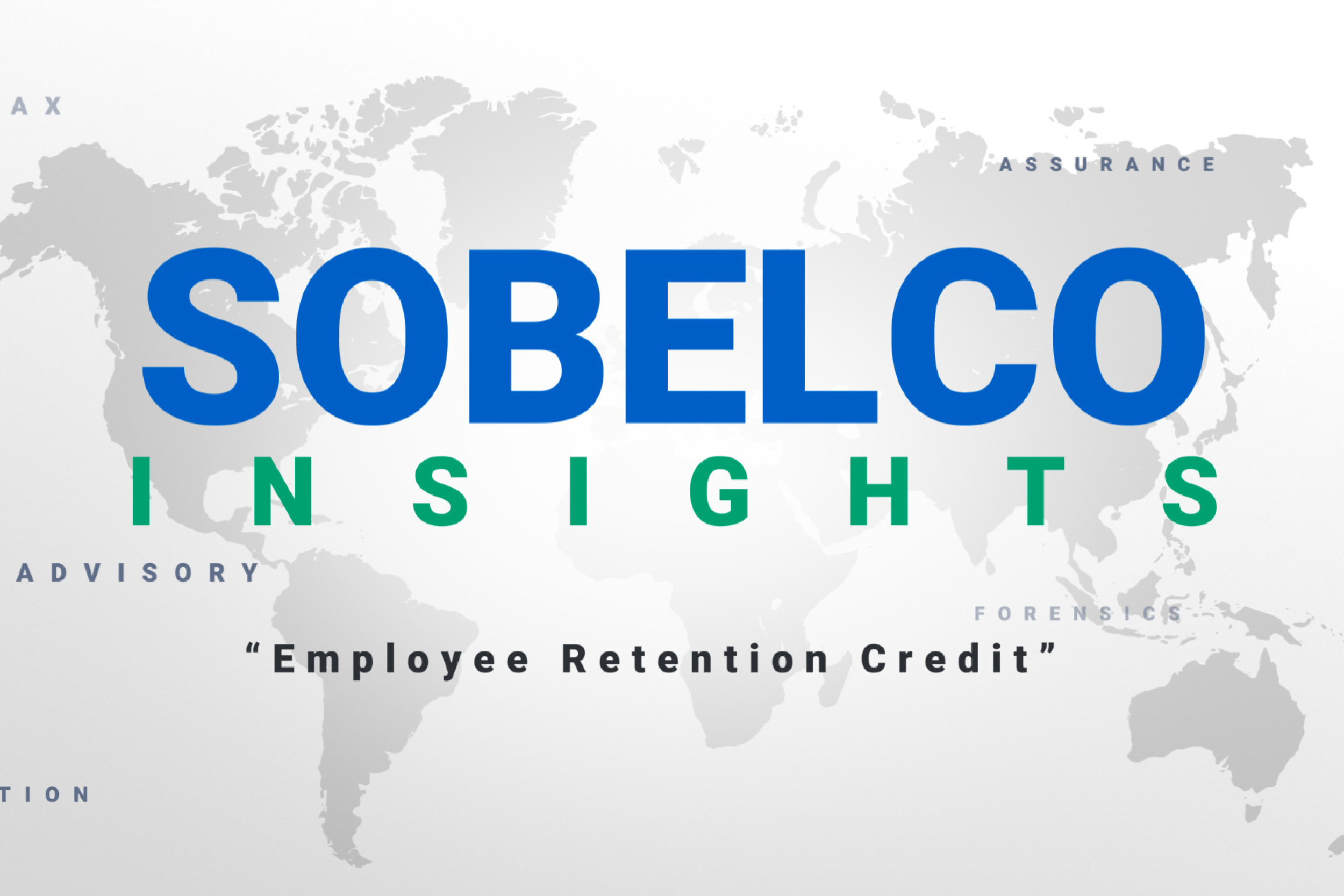
In Measure What Matters, author John Doerr reminds his readers of some pretty discouraging statistics based in part on Gallup surveys that present the same scenario year after year. He notes that, “Worldwide employee engagement is in a crisis.” He goes on to back up that statement, observing that “Less than a third of U.S. workers are involved in, enthusiastic about, and committed to their work and workplace.” Of those disengaged millions, the author says that more than half would leave their company for a raise of 20% or less!
As business owners or members of a leadership team, you may not need anyone to paint this picture for you – as you may be living this reality on a daily basis. But what can you do about it? While there is no shortage of good solutions, as Doerr puts it, “Ideas are easy but execution is everything.”
Of all your ideas, which ones can you implement that will help you build a team of responsible employees who take ownership, feeling valued, loyal and satisfied?
I believe that communication is empowering. In various organizations across any industry sector, this process is best defined as open, transparent communication and is supported by a tone from the top that mandates meaningful and relevant interaction.
Town Hall meetings, small group staff roundtables, informal lunch meetings, and one-on-one conversations all contribute to an infrastructure and culture that is dedicated to good communication. People who are “in the know” typically do not feel alienated or left behind.
But exactly who is “in the know?”
Establishing a set of goals is one of the most efficient and effective ways to gain buy-in and commitment to the company’s future if communicated effectively to all. Developing strategic objectives is the first step, but the second step is to make sure that everyone understands and embraces the goals. As importantly, it is your job as a leader to ensure that they recognize their role in accomplishing the goals and plans. Everyone has a part to play – but those who either dismiss the goals (perhaps exhibiting sour grapes at feeling they were not asked) or who undermine them, can do great damage to the company.
Instead, use all of the communication platforms at your disposal to encourage honest feedback.
Although you can’t accept every opinion, demonstrate sincere interest in each suggestion and carefully explain why it is not being included at this juncture. Outright rejection is painful and builds animosity. Encouragement and honesty are much more likely to gain employees’ respect and attention.
Workers in every generation from Baby Boomers to Millennials want to be heard, to have influence, and to contribute something of significance to the discussion, ultimately leading to the company’s long term success and sustainability.
Armed with this knowledge, you can reinforce s strong sense of worth in your team members – and as a result, change the odds, raise retention, and improve profitability!


